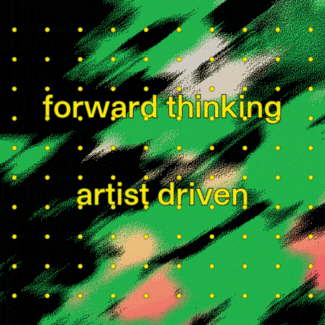
Jennifer Carole Lewis is an author of paranormal romance and urban fantasy. Find her at her website, on Facebook, or on Twitter. You can see Lewis’ review of Chameleon, the first book in this series, here.
Edain Duguay’s Chameleon finished on a ray of light, exploring teen love, but Castrum Lucis takes a darker turn, reflecting the challenges of growing up. As teens become adults, they discover the world is not always as simple and direct as they thought. The dreams and ambitions they once cherished can seem small and undesirable as they go through the metamorphosis into maturity. Duguay explores this thoroughly with her heroine’s Kate and her transformation into one of the Chameleons.
While the feeding habits of Feeders and Bleeders was discussed in Chameleon, now we are shown both groups pursuing their prey. Duguay spends more time with Jonas, who views attempts to fit in with human society as a degradation of those who were born superior and who espouses the Bleeder philosophy as the best choice for all Chameleons. Humans are rightful prey and have no more entitlement than cattle or other domestic animals in his philosophy.
With the separation of Bleeders (who kill), Feeders (who feed off humans) and Hippies (who feed off plants), Duguay has created a conflict-intense society. Her eloquent descriptions of Kate’s first attempts at feeding raise an interesting point. When Kate tries human energy, she cannot process it. It literally makes her vomit. Her fellow new Chameleons have different reactions which raises the question: if Chameleons can only feed on specific types of energy, how can they expect other Chameleons to change their preferences to suit a political goal? They seem to be unable to metabolize the other types of energy, much like humans don’t have the enzymes to digest grass.
In the first novel, we were shown only pieces of the Chameleon world. Now we see much more, including a glimpse at the ancient Chameleons who make up the ruling Council. The darkness and alienness of the Chameleon culture is emphasized, especially through Kate, who finds herself becoming further and further separated from her human concerns and friends. Her schoolmates and theatrical ambitions begin to seem small and petty from the lofty position of one who will live centuries.
Kate’s sense of not fitting in creates an interesting resonance with Jonas’s point of view. Although both are at opposite ends when it comes to feeding preferences, neither feel comfortable pretending to be less than they are. She is faced with difficult decisions and the paths offered by various mentors and examples don’t quite seem to fit. As we’ve all experienced in the process of growing up, taking on responsibility for one’s own choices can be overwhelming and seem impossible at times.
Castrum Lucis is a more mature book with a higher level of graphic violence than its prequel. I would not recommend it for young readers but I suspect that those in their teens and early twenties will find it reflects their own challenges and growth. And for those of us a little further on the path, it will remind us of just how difficult growing up can be.
You can find out more about Edain Duguay, author of Chameleon, at her website, on Facebook, or on Twitter.




.gif)




